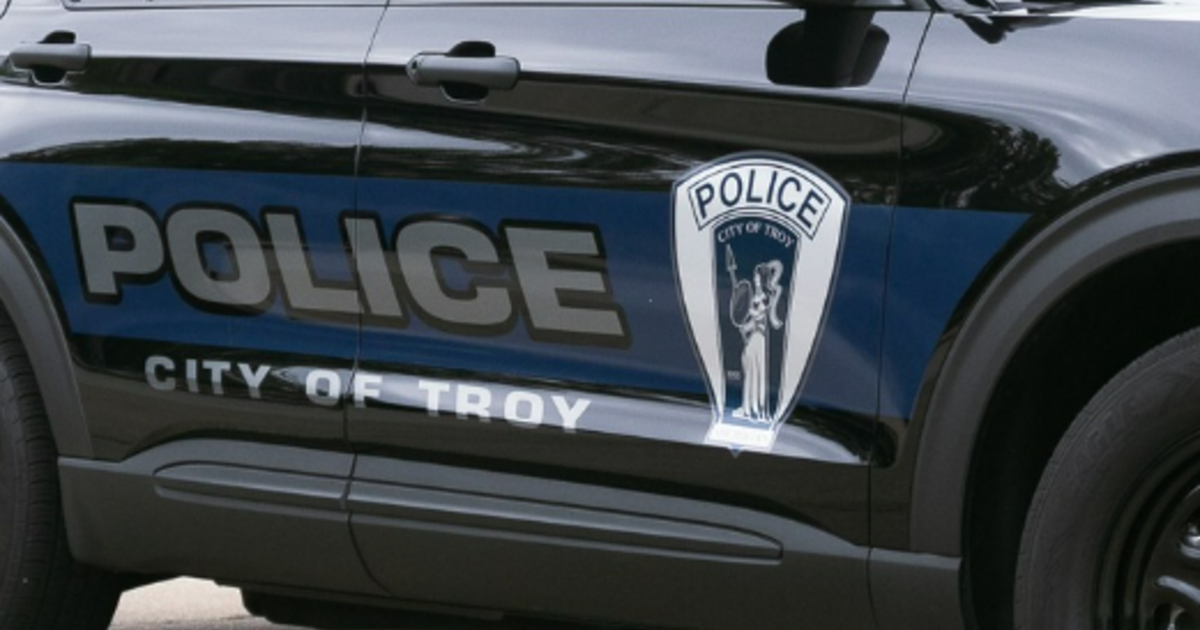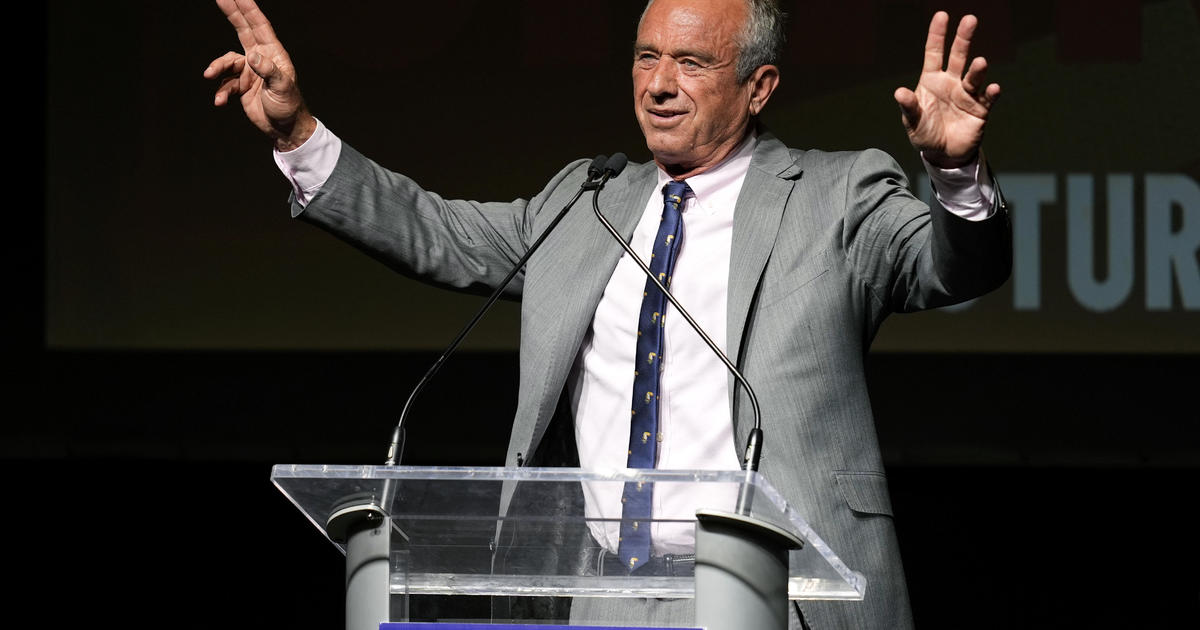Roads Top Michigan Legislature's Lame-Duck Agenda
DAVID EGGERT, Associated Press
LANSING (AP) — Michigan lawmakers have three weeks left in their lame-duck session to enact a potentially wide-ranging assortment of bills, topped by the most pressing legislation of all: boosting road funding.
The Republican-led Senate's Nov. 13 approval of a bill to more than double state gasoline and diesel taxes over four years to raise at least $1 billion faces an "uphill climb" in the GOP-controlled House, said Speaker Jase Bolger, who isn't dismissing the Senate plan out of hand. He is, however, floating an alternative — gradually eliminating the state sales tax at the pump and raising fuel taxes by a corresponding amount.
Bolger, R-Marshall, says his plan wouldn't increase taxes while generating more money for road upkeep and addressing criticism that taxes assessed at the pump don't entirely go to the transportation budget. He contends that projected economic growth will increase overall sales tax revenue enough to ensure that schools and municipalities — funded in part by the sale tax on fuel — wouldn't be hurt.
But Senate Majority Leader Randy Richardville, R-Monroe, is echoing concerns from Republican Gov. Rick Snyder, Democrats and others that education or municipal funding not be put at risk.
"The idea that we are going to raise money for roads without any tax increase — most people would look at that and say, 'It does not make any sense to me,'" he said. "The difficult reality is that we need revenues to fix these roads."
Both GOP leaders support a switch from taxing fuel on a flat, per-gallon basis to taxing its wholesale price — a bid to ensure funding is at least stabilized as people drive less and with more fuel-efficient vehicles.
Legislators could settle on a combination of different ideas, if a deal is even within reach. Senate Republicans, without support from Democrats, have twice fallen short of the two-thirds votes needed for a constitutional amendment asking voters if they want to increase the sales tax from 6 percent to 7 percent and dedicate the extra revenue to transportation.
Legislation not approved in December will die but can be reintroduced in the next two-year session starting in January, when Snyder begins a second term and Republicans enjoy expanded House and Senate majorities. While talks on road funding will dominate the final nine days of voting, other significant bills could be considered, too:
___
INCARCERATION
Bolger is serious about advancing legislation that would eventually reduce spending on prisons and jails by making the parole process fairer to inmates and reducing lengths of stay for parole and probation violators. The House Fiscal Agency estimates $20 million can be saved for every 1,000 prison beds that are retired. House Appropriations Committee Chairman Joe Haveman, R-Holland, says conservatives realize the ineffectiveness of locking criminals away for longer sentences. One aim is to reduce recidivism by more closely supervising high-risk felony probationers and imposing small stays in jail for probation violators. Republican Attorney General Bill Schuette, though, is raising concerns about public safety.
___
GAY DISCRIMINATION/RELIGIOUS FREEDOM
A business-backed push to update Michigan's civil rights law to prohibit discrimination based on sexual orientation is dead because Republicans want to include specific protections for gay and lesbians but not — as gay rights advocates and Democrats want — for transgender residents. Bolger says a restriction against sex-based discrimination already shields transgender residents, while critics say the new GOP bill should be "fully inclusive" for the LGBT community. It's possible Republicans could still pass a newly introduced Michigan version of the federal Religious Freedom Restoration Act. Bolger says state prisoners have more religious liberty protections than regular citizens; detractors say it could provide a "license to discriminate" against gays.
___
TEACHER EVALUATIONS
Legislative leaders hope for approval of a new statewide evaluation system for public school teachers and administrators. It would rely in part on student performance on standardized tests, including individual students' academic growth. Educators rated as ineffective for three straight years would be fired. Supporters say bipartisan bills that won House approval in May would give teachers better feedback, contending that teaching effectiveness is one of the most powerful predictors of student learning. The evaluation system was supposed to begin in the 2013-14 school year but now won't take effect until 2015-16 at the earliest.
Other major education-related bills appear less likely to move. Richardville has no interest in Snyder's stalled push to codify or expand the state's turnaround district for failing schools. The House could try to muster votes for a measure to hold back third-graders who aren't proficient in reading. But there's no indication it'd reach Snyder's desk soon.
___
FILM INCENTIVES
Richardville, a champion of using incentives so movies are filmed in Michigan, is spearheading legislation to delete a provision that ends funding in 2017 and to make changes like requiring that more Michigan residents are hired on crews and letting longer-running TV shows apply for continued aid. The governor and Legislature would still decide what to spend each year. In recent legislative testimony, Michigan Chamber of Commerce CEO Rich Studley ripped the $50 million annual appropriation as a "boondoggle" better spent repairing roads. That angered Richardville, who says the program should be celebrated. He said Studley's "skewed tantrum" was "laughable."
___
PRESIDENTIAL ELECTIONS/TERM LIMITS
A House panel likely will have a second hearing on a bill to move Michigan away from winner-take-all presidential elections to ones where electoral votes are allocated proportionally. A majority of 16 electoral votes would go to the statewide popular vote winner, who could secure more by prevailing by a bigger margin. Some Republicans say it would make Michigan relevant again after it's essentially become a lock for Democrats, leading presidential candidates to barely campaign here in general elections. Democrats liken the measure to election rigging, and Snyder and Richardville haven't embraced it. Richardville says he'd put the bill up for a vote if his GOP caucus asked, but notes Republicans are divided on the concept.
Defenders of Michigan's legislative term limits are watching to see if Richardville pushes his yet-to-be-introduced constitutional amendment to let lawmakers serve longer than three two-year House terms and two four-year Senate terms. But it's a long shot.
___
Follow David Eggert at http://twitter.com/DavidEggert00
Copyright 2014 The Associated Press. All rights reserved. This material may not be published, broadcast, rewritten or redistributed.



